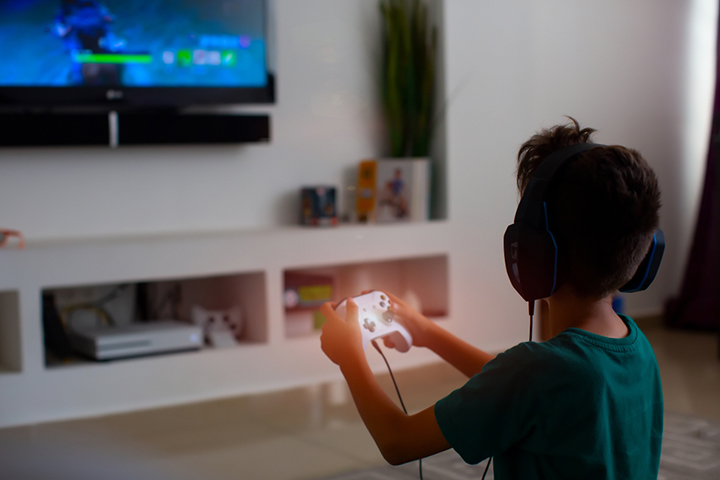
Image: Shutterstock
Bringing out our child’s brilliance and potential to be shown to the world is one of the biggest goals we carry as a parent. In fact, working with children in any capacity would make you want to ensure that this is done. However, challenges revolving around the child’s ability to concentrate and focus during a task can hinder them from actively showcasing their gifts and abilities to the people around them.
作为父母,我们都是在这个地方frustration. Children sometimes just find it hard to focus on one thing and there are many reasons this may be the case. From stress to ADHD many obstacles present itself on their path to completing a task. Children who are neurodivergent, gifted or neurotypical all struggle with these issues from time to time. In this article, you will be able to go over a few tricks and ideas that will push your child’s concentration to greater levels and allow them to be the best versions of themselves in every area of their life be it academic, sport or at life in general.
1. Utilize Their Interests
Image: Shutterstock
If your child isn’t interested in the content they are learning, it’s time to bridge the gap between what they actually can pay attention to. If your kid likes video games, find one that requires a lot of math skills. You can also find a math book based on his favorite video game, whatever works. It may ask math-related questions like, “There are 10 zombies chasing you, 7 zombies fall into a lava pit, how many zombies are still chasing you?” This will get them more intrigued and your kid might actually give numbers a shot. You will realize that your child will soon be more and more interested in these subjects and will start learning them at their own pace. This eliminated two causes of lack of focus for the family: meltdowns and boredom.
2. Time
Image: Shutterstock
Pressure is your child’s worst enemy and time can add a lot of pressure. Pressure kills productivity so you want to remove this factor as much as possible. Though some of us work best under pressure, many people don’t. The difference between working best under a deadline and being stressed to the point of distraction is time management.
Make sure that your child is allotted the right amount of time to complete a certain task. Let them take their time but not too much time that they procrastinate and linger around. Next, allow your child’s needs to dictate the time of day they complete tasks that require focus and allow time within that framework for breaks and time lost because of distractions. Keep in mind that for some children a clock that’s ticking away can get them to concentrate and focus like never before but for others it might actually be distracting and detrimental.
3. Tools
Image: Shutterstock
Giving your children the right tools in order to concentrate makes all the difference. This can also be taken literally. Make sure you have all the tools required for the task your child needs to focus on. Nothing says distraction like being unprepared. So much sure that they have all their stationeries and books in their study station. Besides, allotting time for material and tool gathering is also a good way to break up the task into smaller portions. For example, if your little one has a big science project coming up next week, they can prepare their work station today. Let them think about what they want to create and what materials they will need to do so. Having a plan and vision in place will only encourage them further.
4. Switch Things Up
Image: Shutterstock
Learning is supposed to be a fun experience. So if your child doesn’t naturally take to a certain subject matter it’s time to switch it up. If they like fiction more than non-fiction, allow them to read a page out of their favorite book every time they read a page of non-fiction. If they don’t like doing math, allow them to do math in the sand outside instead of on paper indoors. It’s all about including the factors they like when learning things they may not gravitate towards. Creative learning is fun!
We all have very stereotypical ideas when it comes to what focus and concentration looks like. Sitting in a classroom is not what
constitutes being a focused student. Ask yourself, is your child not interested in anything? Are they always restless and fidgety? You’ll realize that there are times when they are willing to concentrate and that is your general framework. Tap into their interests and work forward.
Getting your kids to concentrate when they don’t want to may feel absolutely impossible. But it doesn’t have to be an exhausting task. With a few tips and tricks you can redirect their attention and increase their level of concentration. Happy parenting!

















